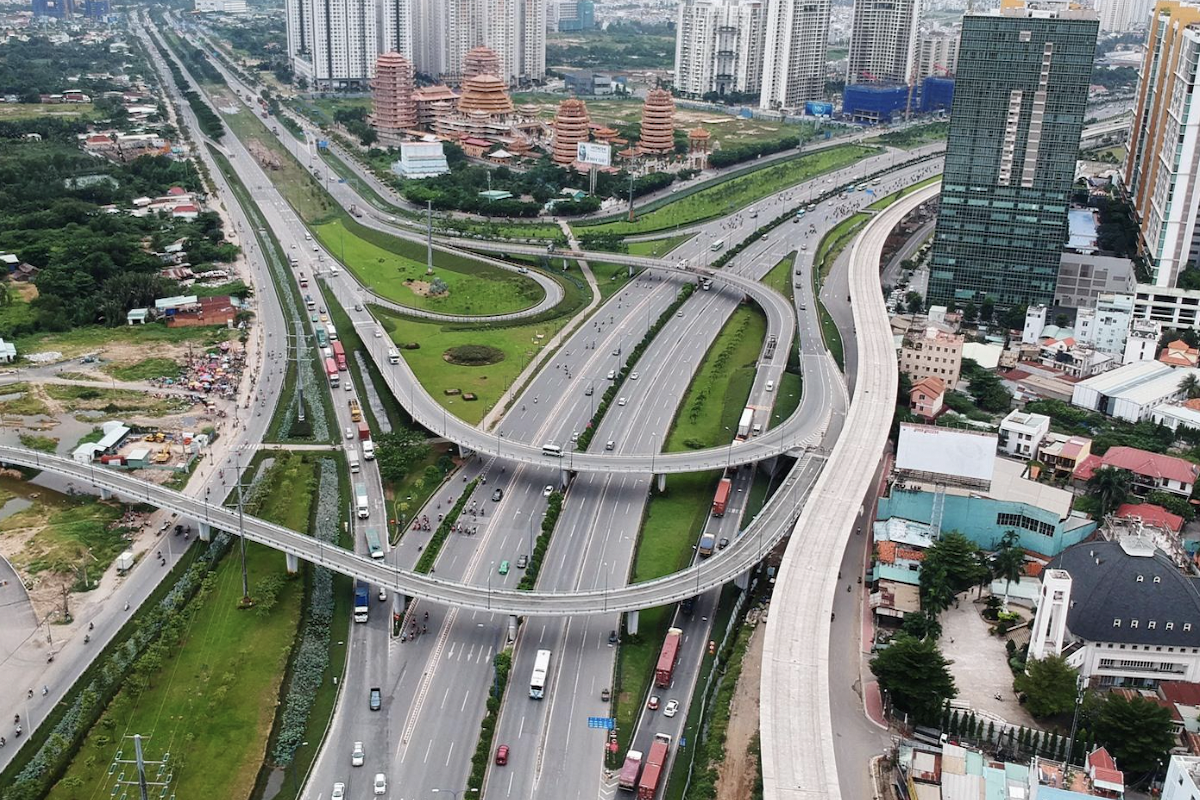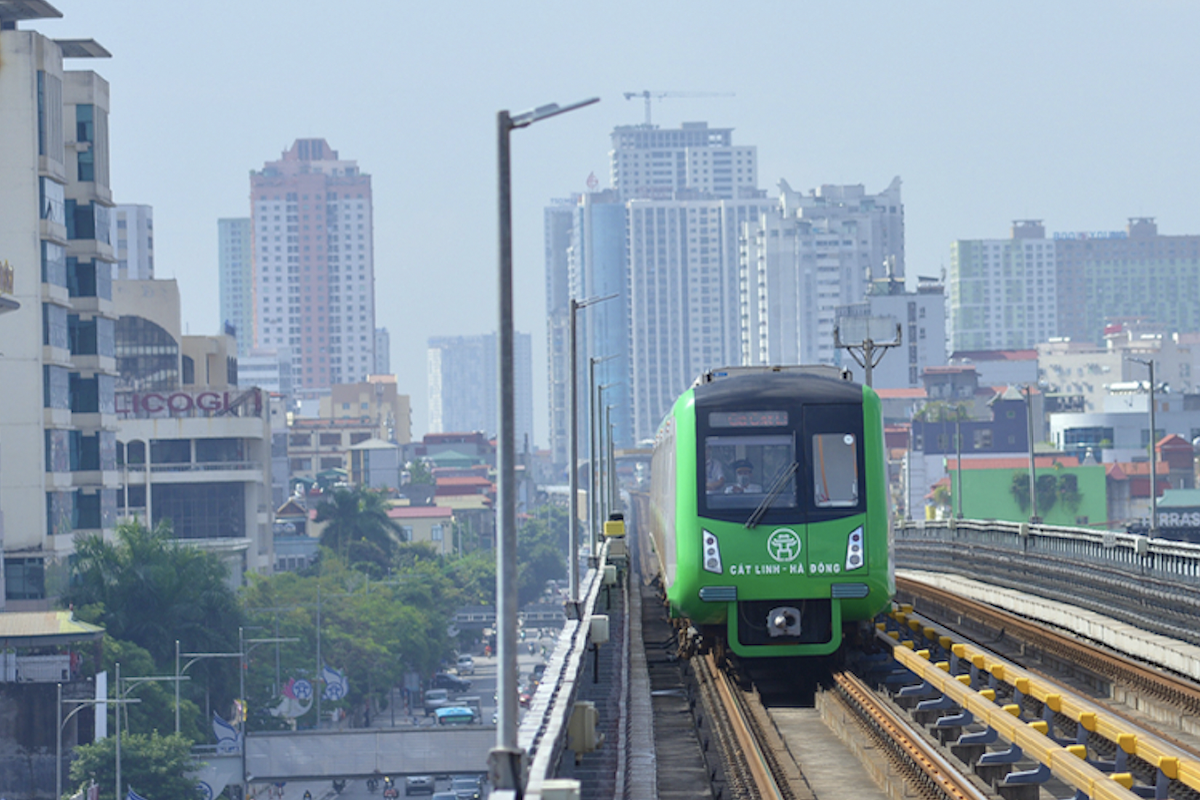Risks of real estate frenzy following public investment
According to analysts, the rapid disbursement of public investment funds, particularly in infrastructure, is projected to accelerate the growth of the real estate market in the near future.

Public Investment Revives Real Estate
Mr. Huynh Tuan Kiet, the Director of the Residential Marketing Department at CBRE Vietnam, feels that infrastructure has a huge influence on the real estate market. Since 2023, the government has strongly promoted public investment programs spanning airports, ring roads, and highways.
Ring roads and highways in the Southern region are projected to drive the growth of satellite urban areas, generating prospects for provinces like as Binh Duong and Long An, as well as Ho Chi Minh City's outlying districts Binh Chanh and Cu Chi. This is understandable given that central area land resources are becoming increasingly limit ed and expensive.
"For example, the metro system has changed the appearance of East Ho Chi Minh City. Projects around metro lines have experienced considerable price hikes ranging from 50% to 70%. "Some projects have even increased by approximately 150%," Mr. Kiet stated.
In the Northern area, notably around Hanoi, important public investment projects such as Ring Road 3, Chuong Duong Bridge, Thanh Tri Bridge, Vinh Tuy Bridge, and the ongoing building of Ring Road 4 have boosted the local real estate market.
With better infrastructure, demand for real estate in Hanoi's suburbs has showed promising development. According to Batdongsan.com.vn, 31.7% of real estate agents in the Northern area expect Dong Anh and Me Linh districts to become hotspots.
The following districts include Gia Lam, Hoang Mai, Thanh Tri, Hoai Duc, and Dan Phuong. Metro lines 1 and 8 are projected to be hastened, linking Hanoi's east and central areas.
Infrastructure initiatives provide up development and investment possibilities in neighboring real estate markets. However, these initiatives can serve as a catalyst for speculation, resulting in market frenzies.
Thus, more public investment is likely to "revitalize" the real estate market. Dr. Hoang Van Cuong, Principal of National Economics University, says that in order to overcome the present real estate market downturn, there must be a strong push for public investment, with an emphasis on finishing pending infrastructure projects.

Caution Against Land Price Speculation
However, in addition to the favorable influence on real estate market growth, the potential of price speculation from public investment projects is cause for concern. According to a recent analysis by the Vietnam Real Estate Research Institute's Market Research Department and the High-Level Expert Group, infrastructure improvements open up prospects for expansion and investment in nearby real estate markets. In contrast, speculators might use these initiatives to raise prices, resulting in market frenzies.
In many locations, infrastructure planning has resulted in "hot" developments, resulting in an overstock of current real estate items significantly surpassing actual demand, while legitimate requirements remain unmet.
As a result, this company has issued cautions concerning the dangers that the market may encounter. First, the free flow of knowledge about local infrastructure projects may result in land speculation, leading land values to surge. When land prices in planned locations are set far higher than the real value, land clearing procedures may be more challenging and cause infrastructure project delays.
When local governments approve real estate projects for land exploitation following infrastructure planning, but transportation infrastructure projects find difficulties during implementation, real estate projects may be abandoned, resulting in waste.
Second, from an investor's standpoint, the danger is in purchasing high-priced real estate during public investment-induced land booms. If project timeframes are delayed, investors' cash may be locked when the land frenzy settles, resulting in serious financial ramifications.








